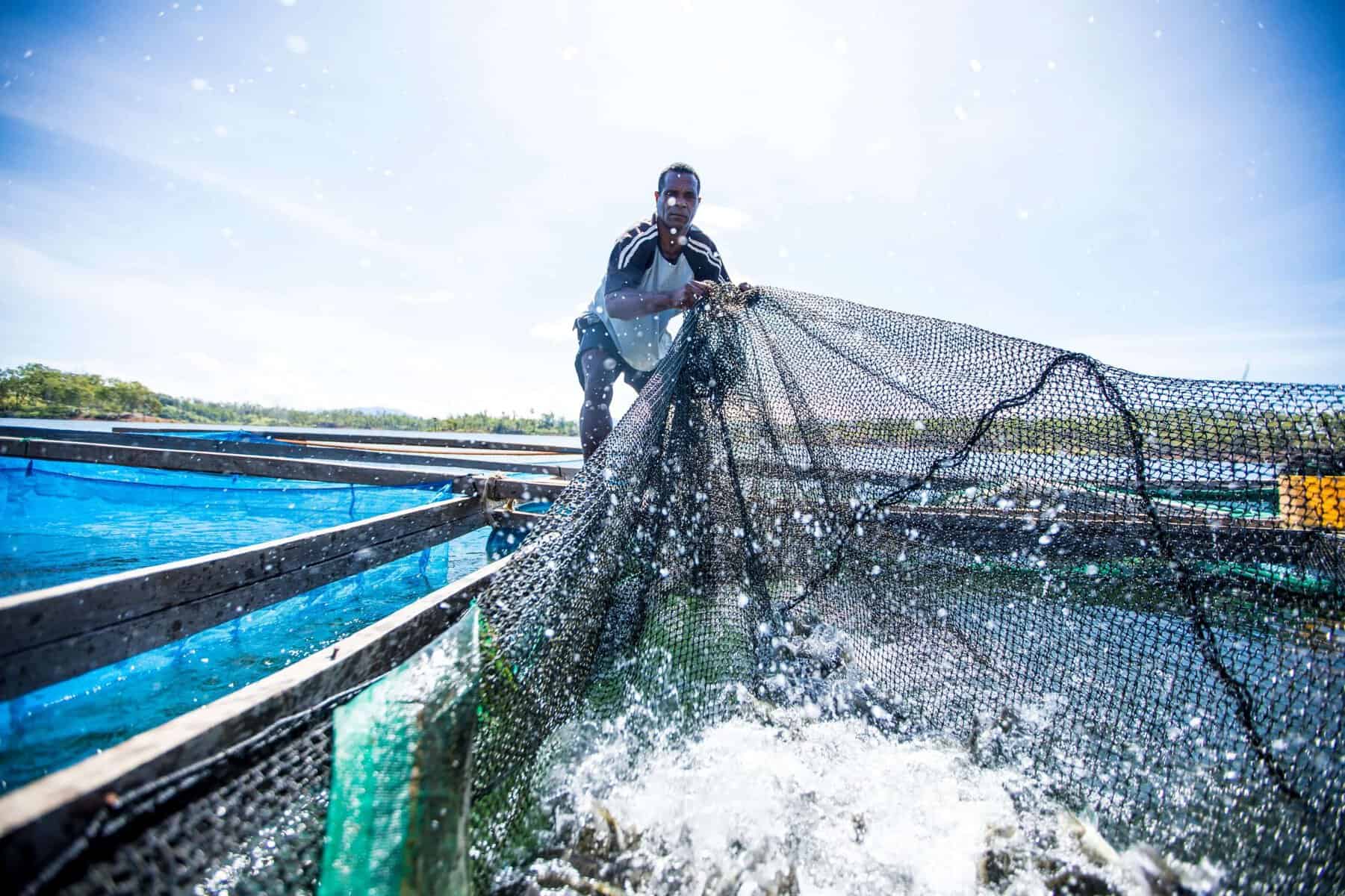As we celebrate the beauty and importance of our Oceans on 8 June we are reminded of the Blue Pacific’s profound connection to the natural world and the urgent need to safeguard our environment.
For the Pacific, nature is at the center of our way of life; for our forests, mountains and coral reefs are the lifeblood for communities right across the region. Our oceans are not mere points on a map; our Pacific people live within them, embodying a culture that is expansive and interconnected.
This year’s theme, “Awaken New Depths,” underscores the urgent need to address ocean health comprehensively. The stakes in our region are incredibly high; failure to protect the world’s largest and deepest ocean basin – the beating heart of our region – means that no one wins.
Rising sea levels threaten our homes and infrastructure, while ocean acidification and warming waters disrupt marine life. Coral reefs, essential for protecting shorelines and supporting marine biodiversity, are particularly vulnerable.
The Fourth United Nations Conference on Small Island Developing States (SIDS4) held recently in Antigua and Barbuda underscored the urgency of addressing the unique challenges faced by vulnerable island nations.
At the heels of this conference, the Pacific can also draw lessons from the Caribbean region or Caribbean Community (CARICOM) – the oldest surviving integration movement in the developing world.
CARICOM’s activities include the establishment of a single market and economy, enhancing regional trade, and addressing social and environmental issues affecting the region.
With an integrated and cooperative approach, the Pacific nations can develop more effective strategies to address ocean pollution and protect their marine environments. It is not just about goodwill cooperation but about real dividends, impact and change.
The Critical Numbers
The realities of climate change are stark, especially for islands like Tuvalu. The average elevation across the atoll nation is less than 2 meters above sea level, making it one of the most vulnerable countries to rising sea levels. By 2050, sea levels in the Pacific are projected to rise by up to 30 centimeters, which could inundate significant portions of Tuvalu’s land area. Additionally, most of the Tuvalu’s population rely on marine resources for their livelihood, underscoring the importance of healthy oceans.
Fiji, with over 300 islands, is equally dependent on the ocean. Fisheries contribute approximately 2.8 percent to Fiji’s Gross Domestic Product and provide employment for about 20,000 people. However, Fiji’s coral reefs – which cover around 6,700 square kilometers – are at risk, with studies showing that nearly 50 percent of these reefs having already been significantly degraded due to climate change and human activities.
Awaken New Depths: The Ocean’s Hidden Potential
The tides of change call for innovative solutions and bold commitments to preserve marine health. We must enhance marine protected areas, reduce marine pollution, and promote sustainable fishing practices.
Plastic production reached a staggering 400.3 million tons in 2022, becoming a global industry valued at US$522.6 billion, and it is expected to double in capacity by 2040. The impacts of plastic production and pollution on the triple planetary crisis of climate change, nature loss and pollution are a catastrophe in the making.
It has been 6 years since Vanuatu led the global battle in by being the first country in the world to ban plastic straws. Since then, a global treaty on plastic pollution, adopted by 175 nations in March 2022, aims to address the global plastic crisis with an accelerated timeline for implementation by 2025. This historic agreement by the UN Environmental Assembly in Nairobi, Kenya, promises to significantly mitigate plastic pollution and its detrimental impacts on the environment.
The ocean is not a dumping ground, and we cannot abandon the people living on these beautiful islands to their fate. It is crucial to support them by fostering regional trade and providing the necessary resources for their well-being.
Looking ahead
Addressing the environmental challenges we face necessitates a collaborative approach that engages governments, communities, the private sector, and international partners. The UNDP is committed to facilitating these partnerships, providing technical expertise, and mobilizing resources to support ocean conservation efforts across the Pacific.
On Oceans Day, we call upon all stakeholders to reaffirm their commitment to protecting our environment. Let us harness the power of collective action to restore our ecosystems, safeguard our oceans, and build a sustainable future for generations to come.
The Blue Pacific continent is our home, ocean, lands and common heritage.
We must prioritize policies and actions that promote environmental sustainability and resilience. This includes integrating ecosystem-based approaches into national development plans, strengthening environmental governance, and enhancing climate adaptation strategies.
We must also ensure that no one is left behind in the pursuit of sustainable development. This includes ensuring that all voices are heard – particularly women and girls – and that all communities are engaged in our efforts to protect the environment.
The challenges we face are formidable, but so is our resolve.
